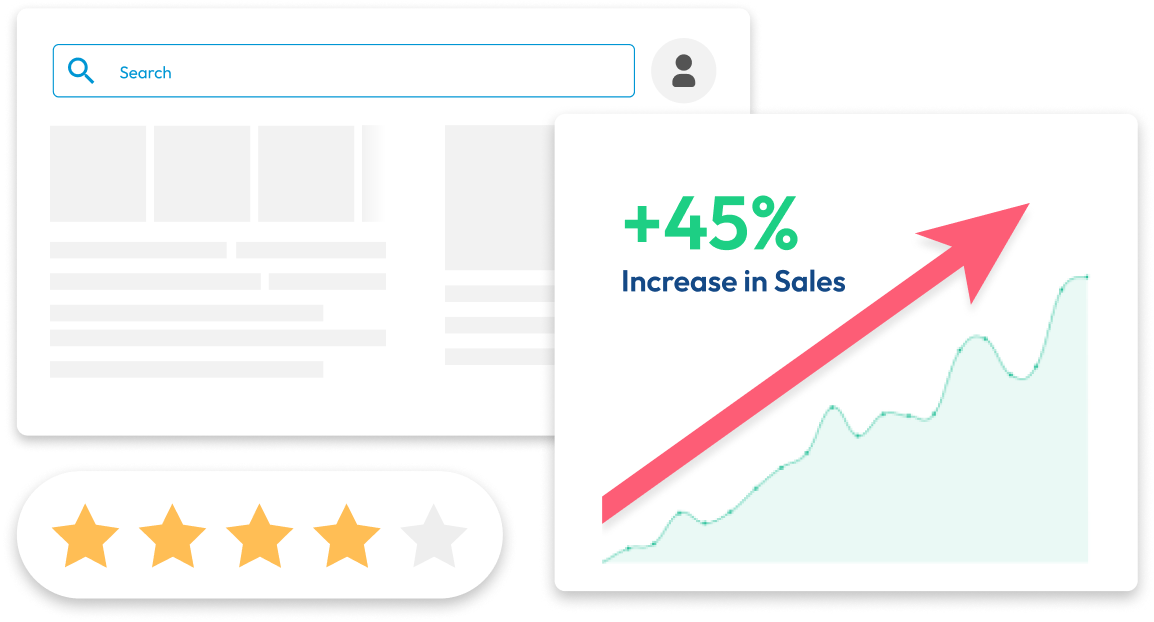Get a free consultation with us!
Stop wasting money and unlock the hidden potential of your advertising.
- Discover the power of intentional advertising
- Reach your ideal target audience.
- Maximize ad spend efficiency.

In the world of business and marketing, where competition is fierce and attention spans are short, one tool has proven to be exceptionally powerful: storytelling. The ability to craft and share compelling narratives has become a valuable skill for businesses seeking to engage their audience, create emotional connections, and drive meaningful results. From ancient myths and fables to modern-day advertising campaigns, storytelling has always held a special place in capturing the hearts and minds of people. Stop wasting money and unlock the hidden potential of your advertising. So, what exactly is the power of storytelling in business and marketing? Let's explore. Building Emotional Connections Storytelling has a unique ability to tap into the emotional core of individuals. Instead of presenting cold facts and figures, stories evoke feelings, empathy, and a sense of relatability. By sharing narratives that resonate with their audience, businesses can create an emotional connection, fostering loyalty and trust. Consider the success of brands like Apple or Nike. They don't just sell products; they sell stories. Apple tells a story of innovation, simplicity, and challenging the status quo. Nike, on the other hand, tells stories of empowerment, perseverance, and triumph over adversity. These narratives appeal to the emotions of their customers, creating a deeper bond beyond the functional features of their offerings. Take the example of TOMS shoes. While many shoe companies focus on style or performance, TOMS crafted a story centered around social impact. Their "One for One" campaign, which promises to donate a pair of shoes to a person in need for every pair purchased, resonated deeply with consumers. This storytelling approach not only distinguished TOMS from other shoe brands but also created a movement of conscious consumerism. Engaging and Memorable Communication Storytelling is a fundamental aspect of human communication. We are wired to remember and engage with narratives more effectively than with plain facts and information. By weaving stories into their marketing efforts, businesses can capture attention, increase retention, and make their messages more memorable. Consider the success of the Dollar Shave Club, a subscription-based razor company. In their viral video campaign, they told a humorous and relatable story about the frustrations of buying expensive razors from big-name brands. This storytelling approach made their message stick in people's minds, resulting in millions of views, widespread brand awareness, and ultimately, significant business growth. Influencing Consumer Behaviour Stories have the power to influence behavior. By incorporating storytelling into their marketing strategies, businesses can shape consumer perceptions, beliefs, and actions. Social proof is a powerful storytelling technique used to influence consumer behavior. When businesses share stories of satisfied customers or influential individuals using their products or services, it creates a sense of trust and validation. This can sway potential customers to make a purchase or take a desired action. Moreover, stories that highlight the benefits and transformative outcomes of a product or service can motivate consumers to envision themselves experiencing similar results. This taps into the psychology of aspiration and desire, compelling individuals to take steps towards acquiring what is being offered. In conclusion, storytelling is a potent tool that businesses and marketers can harness to connect with their audience, differentiate from competitors, create engaging communication, and influence consumer behavior. By crafting narratives that resonate, inspire, and evoke emotions, companies can leave a lasting impact and build strong relationships with their customers. In an increasingly noisy and fast-paced world, the power of storytelling stands as a timeless and effective strategy for success in business and marketing.Get a free consultation with us!

Conclusion:





WINNER

FINALIST

FINALIST

WINNER

WINNER

FINALIST

FINALIST

WINNER
